by Swami Sitaramananda
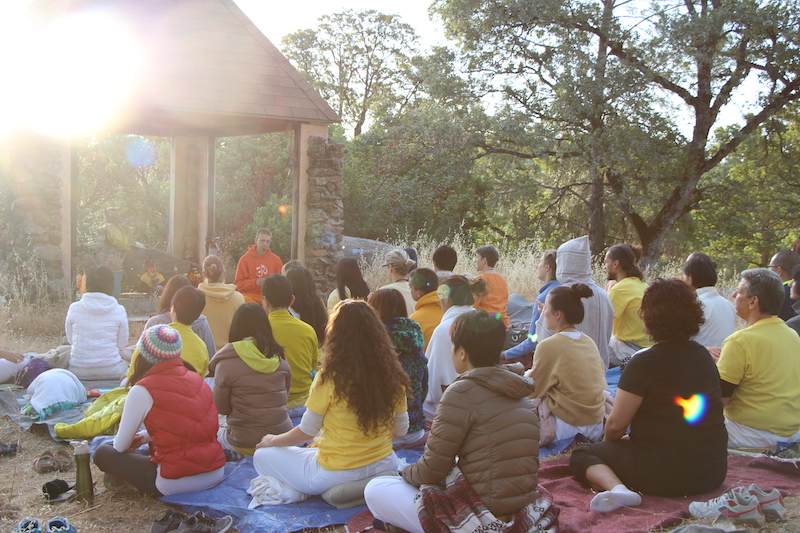
Meditation at Siva Hill Temple.
Gathering the Toughts
Learning to focus is the mental process of gathering of the thought waves and letting go of distractions. The waves of the mind-lake and the distractions are still there but there is an attempt to remain focused and not to completely lose oneself. As a matter of fact, Yoga Psychology states that if we can remain in that focused state of mind, we will get to a one-pointed, super-concentrated state. Moreover, this super-concentrated state will not come if we do not commit ourselves to choose the real Self as opposed to the distractions or illusions.
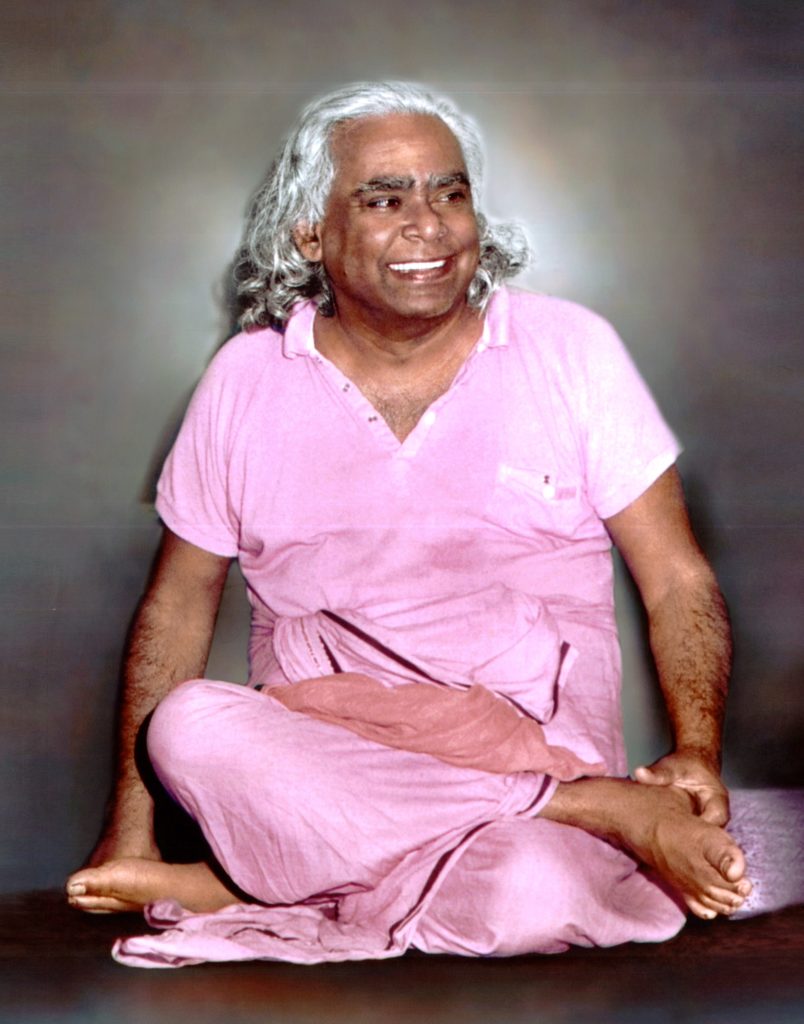
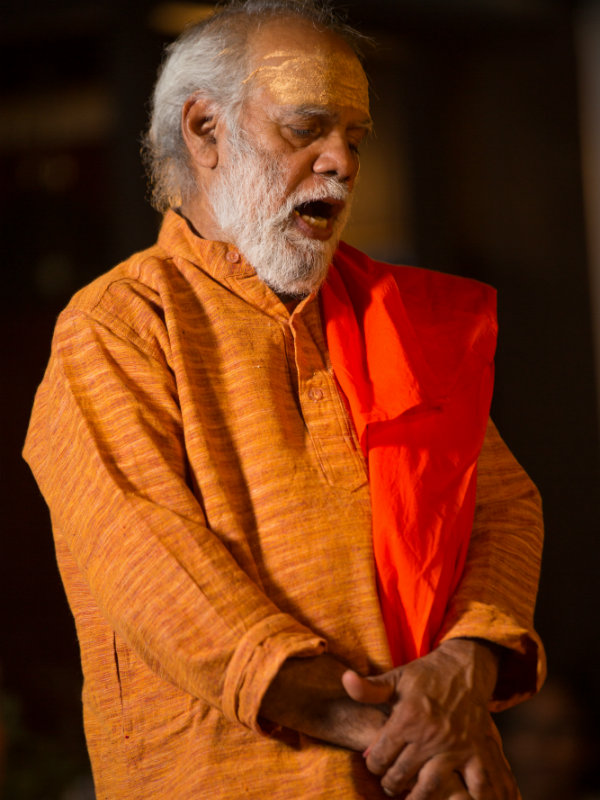
Above right: Swami Vasishtananda
Yoga Psychology
You cannot go from the scattering distracted state of mind to the absolute stillness – absorbed state. In fact, from the jumping state you can’t go directly to the suspension of thought, perfect contentment or to the state of one-pointed focus on purpose and of Self. Actually, you must first go through the gathering state where we have to calm down and gather the thoughts. Why can’t people do this? Right there you have a hurdle. You know the mind is jumping, so why can’t you just come to a one-pointed state? Why is it so difficult?
In Yoga psychology we say it is because of the illusion of something external from you. This illusion of the external is a projection, which is due to a lack of understanding and conviction. The proof of this is that we are not happy. We get what we want but then we go after another thing, acquire it, and then again go after something else, and still we are not happy. Moreover, we think this is the normal kind of thing, a normal state, just “life”.
Stick to the Practice
We think we will miss out on life if we become focused or if we become committed to something. In fact, this is what our society lacks, a sense of commitment. This so-called freedom that we grew up with that says, “If I don’t like something I can dump it and move on to something else.” Never committing to anything is the general mindset. Actually, when you don’t commit to things it makes the mind jumpy and because the mind is so conditioned, it does not know how to focus, and thus we are lost in our own self created illusions.
Conclusion
In conclusion, by understanding our different mind states, consciously letting go and taking time to learn to focus and refocus, commit and recommit, we can get to what we truly want. Paradoxically, we would have to surrender our sense of freedom to do what we like and keep our mind one pointed, in order to be free.
Upcoming Meditation Certification Courses for Intermediate level students >>
Upcoming Yoga Meditation for Well-being courses for Beginner level students >>
© Swami Sitaramananda 2018 – No part of this article may be reproduced in any form without the written permission of the author.
[et_social_follow icon_style=”slide” icon_shape=”rounded” icons_location=”top” col_number=”2″ counts=”true” counts_num=”0″ outer_color=”dark”]
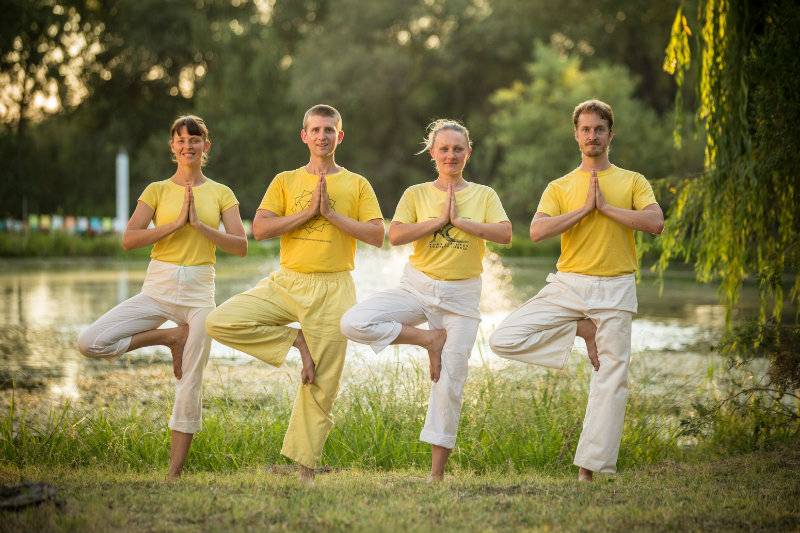
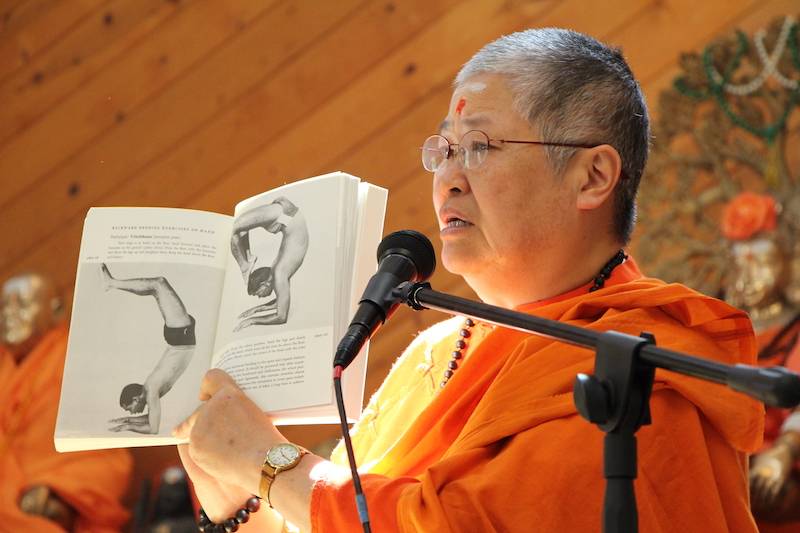
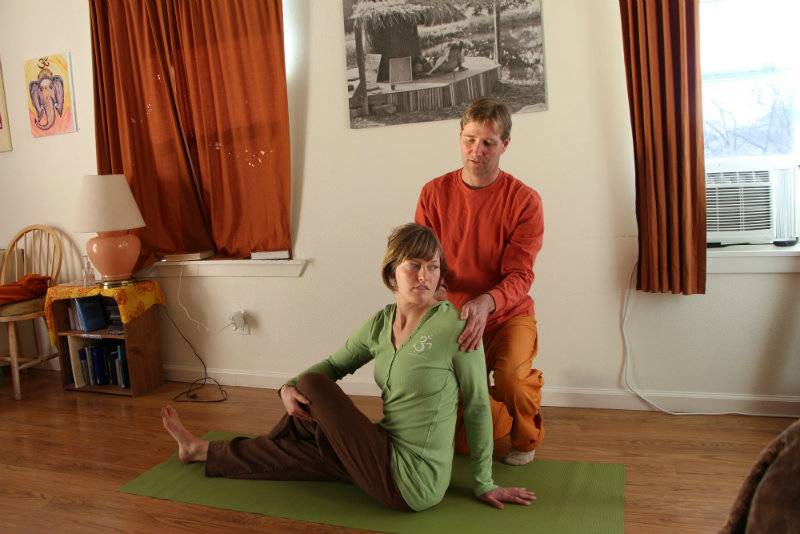

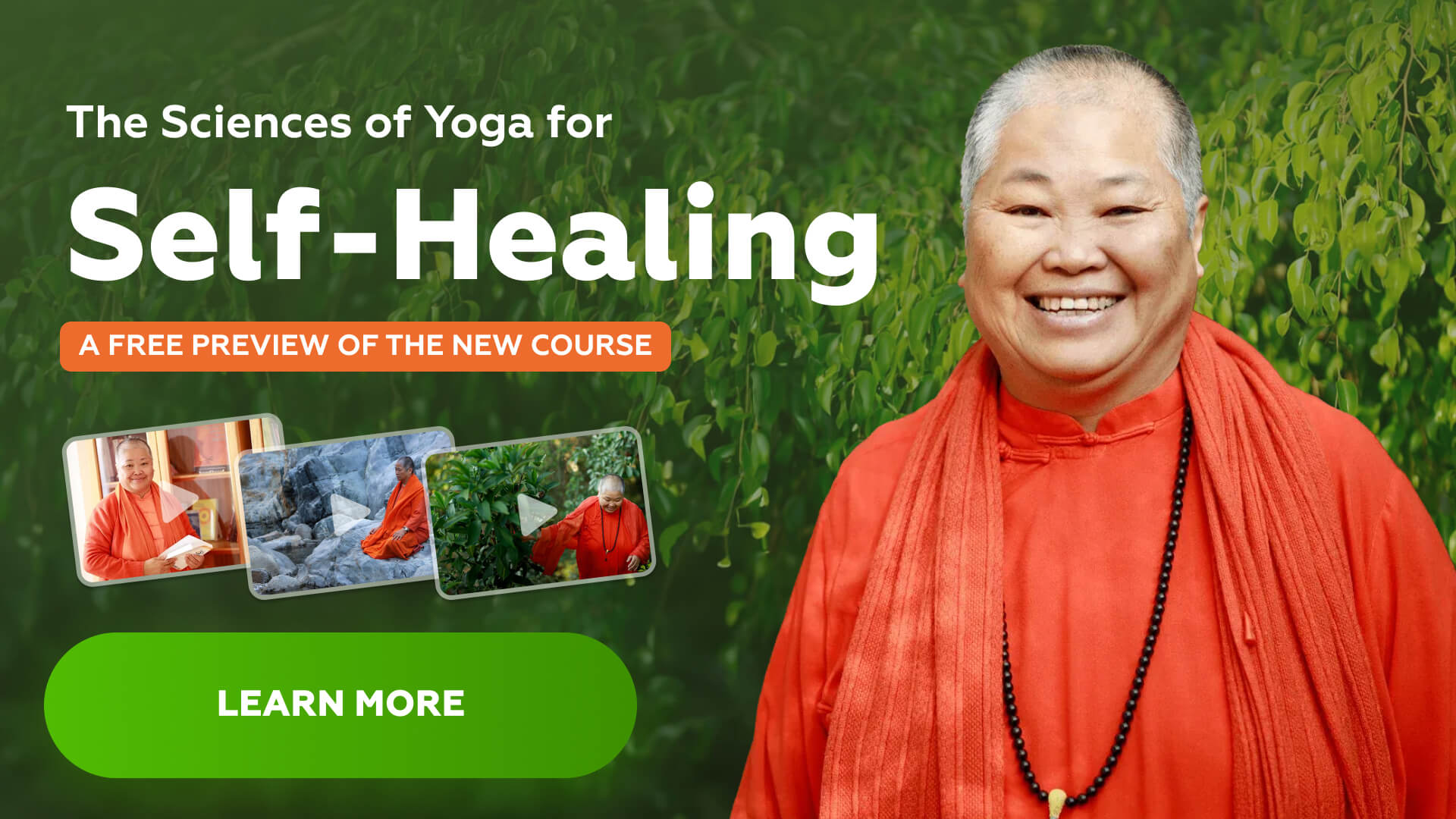
0 Comments